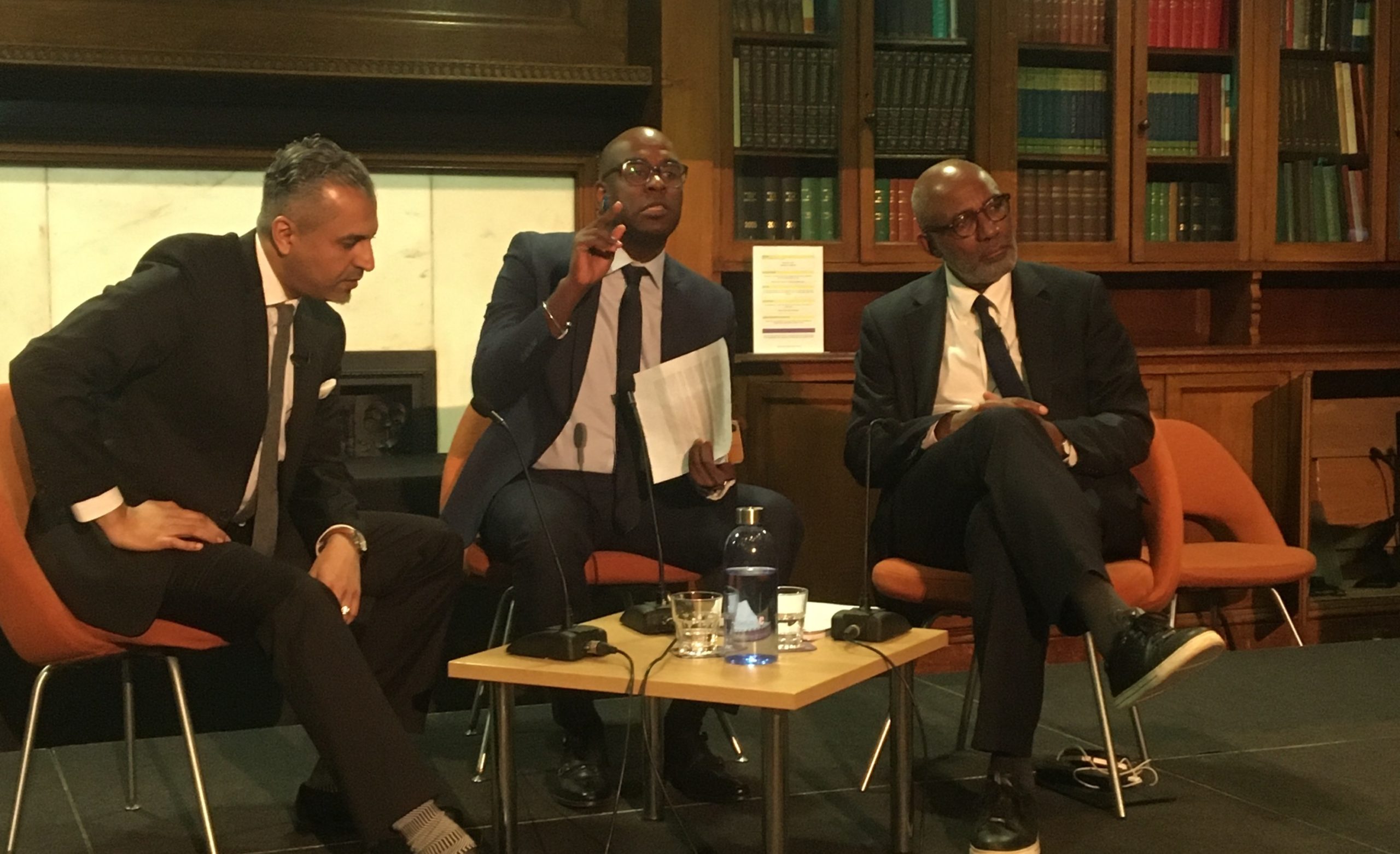There were many layers of irony in Labour’s decision to suspend Trevor Phillips last week. Notwithstanding that a lifelong anti-racism campaigner and former chair of the Equality and Human Rights Commission was deemed Islamophobic by the party, but it was Phillips himself who popularised the term. In 1997, he commissioned the ‘Runnymede Report’, which sought to shed light on the rising levels of anti-Muslim and anti-Islam hatred in the UK.
In the two or so decades since, critics have argued that the term has become so warped (and even weaponised) in everyday discourse that it has lost meaning. During a Quilliam talk at the Hallam Centre with Maajid Nawaz last night, Phillips said that he was sympathetic to this argument. When asked if he regretted introducing the word into the British lexicon, he said:
That work is now being taken and transformed into something different. If you read Lord of the Rings, one of the things that somebody asks is: what are the origins of the orcs? Tolkien tells you that orcs are elves that were taken, tortured, stretched and deformed into a completely different, ugly and vicious form. Something like that has happened with what we tried to do on Islamophobia: we simply tried to create the situation where people who were not being treated equally would be protected. Then some other people came with completely different purposes and have taken that and tried to turn it into something different.
Just a few weeks ago, Phillips argued that minority voices and cultures would be less protected if the right to dissent and free speech was not defended. That he has now found himself falling prey to the same forces that he warned about makes his point all the more pertinent.











Join the discussion
Join like minded readers that support our journalism by becoming a paid subscriber
To join the discussion in the comments, become a paid subscriber.
Join like minded readers that support our journalism, read unlimited articles and enjoy other subscriber-only benefits.
Subscribe